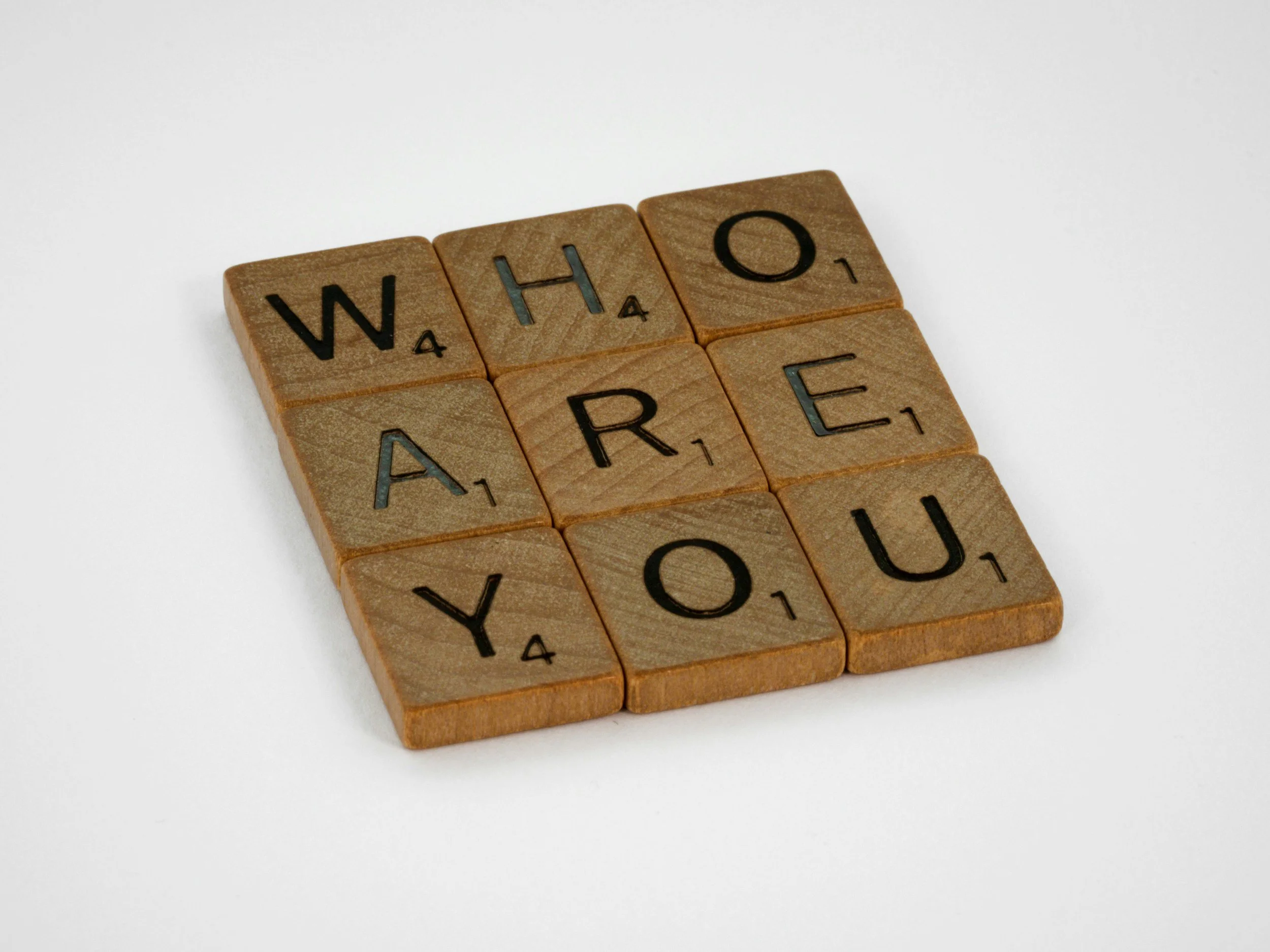The Age of Affirmation: From Knowing to Believing
There was a time, not long ago, when we celebrated living in the Information Age. Knowledge was democratized, facts were a click away, and the internet promised to liberate truth from the gatekeepers of old. We imagined a world where better access to information would make us wiser, more rational, and more connected.
But something unexpected happened on the way to enlightenment. The flood of information did not elevate public discourse; it drowned it. The problem ceased to be scarcity of knowledge and became surplus — too much data, too many voices, too little trust. Faced with an overwhelming volume of competing narratives, people began to retreat, not toward truth, but toward comfort.
We are no longer living in the Information Age. We are living in the Age of Affirmation.
The Collapse of Common Reality
The defining feature of the Age of Affirmation is not ignorance, but selective knowing. Information itself is abundant, but its function has changed. We no longer seek facts to understand the world; we seek them to validate our pre-existing beliefs about it. The value of knowledge is measured less by its accuracy than by how well it aligns with our identity.
This shift has fractured what philosopher Hannah Arendt once called “the common world” — the shared reality that makes democratic conversation possible. In its place we have countless micro-realities, each reinforced by its own media ecosystem, each equipped with its own version of truth. Social media algorithms have perfected this fragmentation. They feed us what we agree with, reward us for outrage, and shield us from cognitive discomfort.
The result is a society where information no longer serves to inform, but to affirm. The function of a headline, a meme, or a political slogan is not to convey knowledge but to signal belonging. The marketplace of ideas has become a hall of mirrors, reflecting back our convictions in ever-brighter colors.
From “Fake News” to Filtered Truth
Nowhere is this transformation more visible than in the evolution of the phrase “fake news.” Once used to describe false or misleading stories, it has been emptied of meaning and repurposed into a tool of affirmation. When Donald Trump branded mainstream journalism as “fake news,” he was not merely attacking the media. He was offering his supporters a psychological refuge — a way to dismiss any story that conflicted with their worldview.
The cruel brilliance of this move lay in its simplicity. “Fake news” became a thought-terminating cliché, a shortcut that spared its users the effort of discernment. It converted skepticism into identity. To reject the “fake news” label became an act of disloyalty; to embrace it was a declaration of faith.
In the Age of Affirmation, that reflex has spread far beyond Trumpism. Across ideological lines, entire communities now curate reality according to preference. Facts that fit the narrative are amplified; those that do not are branded as propaganda. The old struggle between truth and lies has been replaced by a new struggle between my truth and yours.
The Psychology of Comfort
At the heart of this shift lies a psychological truth: people do not simply want to know; they want to feel right. The modern information environment, with its endless feeds and perpetual outrage, exhausts our capacity for discernment. Cognitive fatigue makes us gravitate toward simplicity and affirmation — to content that soothes rather than challenges.
The algorithms know this. They are designed to keep us engaged, and nothing sustains engagement like emotional validation. Outrage feels empowering, certainty feels safe, and belonging feels good. The platforms that dominate our public sphere have learned that affirmation is addictive — and that addiction is profitable.
This is how we arrive at a paradox. The more information we have, the less we trust. The more voices we hear, the less we listen. We mistake exposure for understanding and agreement for truth. What passes for dialogue is often just synchronized monologue.
Truth as a Social Luxury
In the Age of Affirmation, truth has become a luxury good — something available to those willing to pay the emotional price of discomfort. To genuinely engage with information today requires effort, humility, and the willingness to be wrong. These are scarce virtues in a culture that prizes immediacy and certainty.
The decline of shared factuality has consequences that go beyond political polarization. It erodes empathy. If every fact is negotiable, then every perspective outside one’s own becomes illegitimate by default. The result is not just disagreement, but dehumanization. The other side is no longer mistaken; it is deluded, corrupt, or evil. Affirmation requires an enemy, and in a world addicted to affirmation, enemies are easy to find.
Recovering the Courage to Know
Escaping the Age of Affirmation will not come through more information alone. It will require a cultural revaluation of how we know — and what we expect knowledge to do for us. The solution lies not in silencing opposing views, but in learning again how to endure them.
Critical thinking is not an algorithmic feature; it is a discipline. It requires slowing down, questioning one’s own biases, and tolerating the discomfort of ambiguity. It means remembering that doubt is not weakness, but the beginning of wisdom.
We may not be able to reverse the tide of affirmation entirely, but we can resist its pull. Each time we choose to verify before sharing, to listen before labeling, to think before reacting, we reclaim a piece of the public sphere from the machinery of manipulation.
From Belonging to Understanding
The Information Age promised empowerment through knowledge. The Age of Affirmation offers something far easier: the comfort of being right. But comfort is not the same as understanding, and affirmation is not the same as truth.
To move forward, we must rediscover the distinction between knowing and believing. Truth has no algorithm, and democracy has no future without it. The question now is not whether we can access information, but whether we still have the courage to learn from it.






